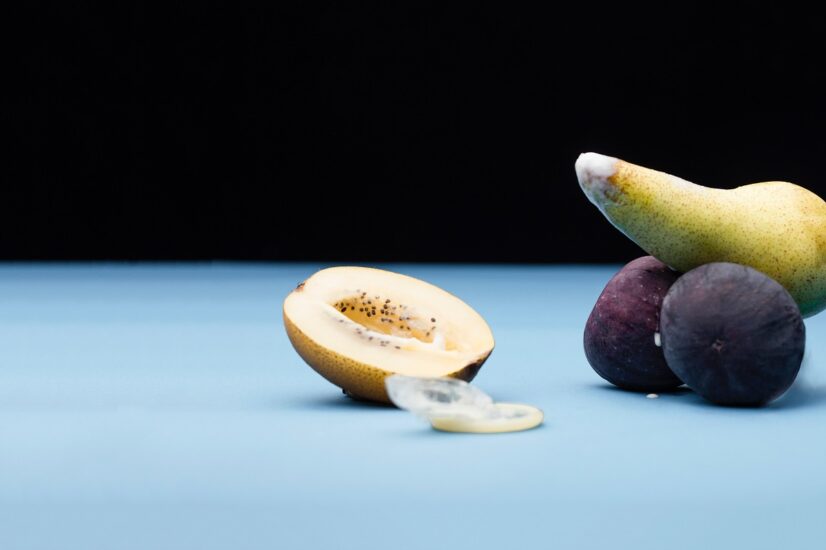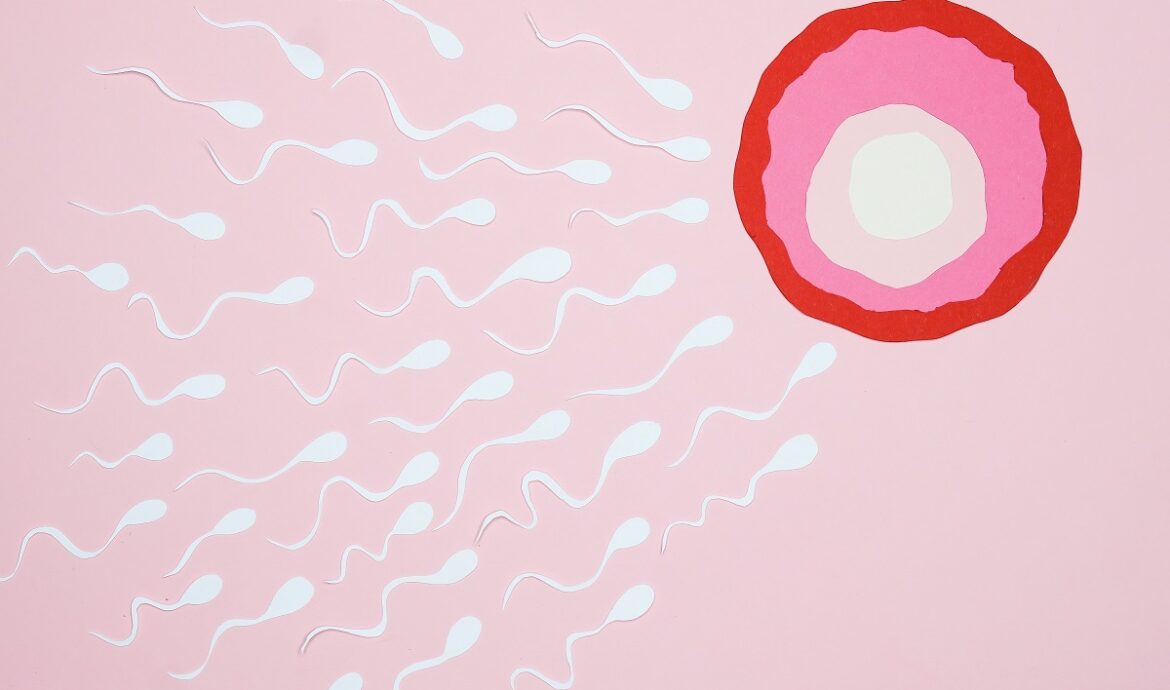How Long Can Semen Live Inside The Vagina After Intercourse?

In high school, you know how semen and egg combine to form a human embryo if you’ve taken biology. But, for example, you may not know how long semen remains in the vagina or how long an egg can survive after fertilization. So when it comes to infertility, it’s a great idea to brush up on your semen and egg knowledge.
Semen’s Life Cycle in the Female Reproductive Tract
semen might live for as long as five days following intercourse if they are in good health. However, when it comes to the longevity of semen in the cervix, it all relies on the environment in which they live. When it comes to the lifetime of semen, it all comes down to the female’s uterus system.
The rate of survival of semen within the vagina will be increased if the cervix fluid is fertile. Only the strongest semen can survive the very first 12 hours in a woman’s vaginal canal, which is acidic by nature. Approximately 100 million semen are discharged every time a male ejaculates. Just a small percentage of semen will make it to the fallopian tubes after making the difficult journey through the vagina. Those that get it to the cervical fluid as well as the fallopian tubes, where the egg will be waiting for about five days, will have a good chance of surviving.
When Does semen Become Extinct?
The location of the semen determines how long it lives. semen passes out on a solid substrate like clothing when the semen dries on top of it. semen develops in warm, moist environments, such as a hot tub, so they’ll survive longer. They can survive for up to 5 days inside a female uterus. Egg fertilization can only occur when the strongest & healthiest semen make this through the egg’s thick protective shell & penetrate the egg.

How can you improve the health of your semen?
You can increase the health of your semen by following these tips –
- Get rid of your cigarette habit
- Don’t take anabolic steroids anymore!
- Don’t touch cakes
- You should limit your booze consumption.
- Maintain a balanced diet.
- Keep a healthy body mass index (BMI).
- To maintain the scrotum cool, wear underwear instead of panties & avoid tight jeans.
If over a year of unprotected intercourse, you are still unable to conceive, you should see a doctor.
How much semen can survive within and without the uterus is detailed below –
semen can live outside of the body for a short period of time, but only for a few minutes at a time. semen viability is not limited to a few minutes or seconds in a heated environment.
semen can live in the female vaginal canal for up to 5 days after unprotected intercourse. The semen receives sustenance from the fluids of the vaginal canal. To fertilize the egg, semen travels through the cervical fluids to the womb and then via the fallopian tube lined with tiny hairs.
It is necessary for the egg to be there in the vaginal canal at the moment of ovulation for the semen to have a long enough lifespan to fertilize it.
semen can remain frozen for months. Male fertility may be negatively impacted as a result of the freezing of these embryos for health reasons.

How semen can cause vaginal damage –
A bad smell in your vagina is an indication that the semen in the genitals is out of balance. The semen could also be contaminated.
Your vagina will not decay if the semen is still not contaminated because of its self-cleaning ability. Healthy bacteria in the vagina are killed by the presence of semen that isn’t healthy. This can lead to bacterial vaginosis as well as fungal infections. Urinary Tract infections & Sexually Transmissible Infections can occur if the condition is not addressed quickly enough.
semen can live in a woman’s uterus for up to five days under ideal conditions. Having sex up to a week prior to ovulation is still a possibility! In most cases, “the right conditions” refer to a woman’s fertility and the amount of watery egg-white discharge she’s produced. In the vaginal acidic environment, semen may quickly perish if the correct cervical mucus isn’t there.
“Up to 5 days” is what we meant, though. The limit is there. Is it possible for semen to survive for ten days? Nope. A five-day gestation period is no guarantee that your spouse’s semen will be viable. Having intercourse the two days prior to ovulation that day of menstruation is the greatest way to conceive.
If you’re using IVF or IUI, the semen is likely to be washed and concentrated before usage. Incubation can continue for 24 to 72 hours after a semen sample has been washed.
When does semen arrive at the cervix, and also, how long does it take?
There will be semen after minutes of ejaculation. However, it isn’t required for women to lie on their flanks for 30 minutes every hour following ejaculation, as some have been informed.
Within 45 minutes of passing the cervix, the fastest semen will reach the fallopian tube, whereas the slowest may take 12 hours to arrive.
There are an average of 1.2 billion semen every ejaculation. At best, over 1000 get the reproductive organs, and just around 200 make it to the egg.
The best time to conceive is right before and right after ovulation. Approximately two weeks for, your next menstrual cycle begins.








Comments
Trackbacks & Pingbacks
[…] whether or not they could alter your chances of getting pregnant with a new partner. Also, ask How Long Can semen Live Inside The Vagina After Intercourse? And if there are any lifestyle adjustments you can begin right […]